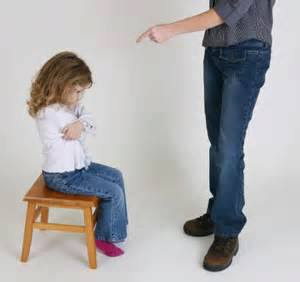Provérbios 23:13 e 14
“Não retires a disciplina da criança; pois se a fustigares com a vara, nem por isso morrerá. Tu a fustigarás com a vara, e livrarás a sua alma do inferno.”
Antes de eu te responder esta pergunta, olhe em volta e analise a sociedade. Veja como você foi criado e no que se tornou. Veja também as crianças de hoje em dia e veja no que estão se tornando.
Nossa sociedade caminha a passos largos para o caos. E a culpa disso é nossa. Deixamos os princípios bíblicos que nossos pais nos ensinaram de lado e agora damos ouvidos a pessoas que não conhecem a Deus. Pessoas que trabalham apenas com números e estatísticas isoladas e, querem que isso vire padrão a todos.
A ordem agora é apenas conversar e não dar nem sequer uma palmada. Minha pergunta é, e se você conversar e tomar um tapa na cara de seu filho, o que vai fazer? Continuar conversando? Ou vai revidar? A resposta certa é: nem um e nem o outro.
Não se disciplina um filho por estar com raiva ou com sentimento de vingança. Mas tem uma hora que a conversa somente não resolve e a disciplina precisa entrar em ação. Eu mesmo quando era criança tomei umas palmadas da minha mãe e hoje posso entender que foi necessário para que eu mantivesse os princípios que me foram ensinados.
Mas hoje vemos crianças ditando as regras. Pais e mães fazem de tudo para não ouvir os choros e os gritos de seus filho e, as crianças conseguem o que querem. Daí vão crescendo e enxergam que o mundo não é a casa deles e começam a internalizar este sentimento, o que gera trauma e eles resolvem se revoltar contra a sociedade partindo para a violência.
Se não acredita em mim leia as notícias e veja no que estamos nos tornando. E me diga se nossa sociedade não precisa urgentemente de Deus.
